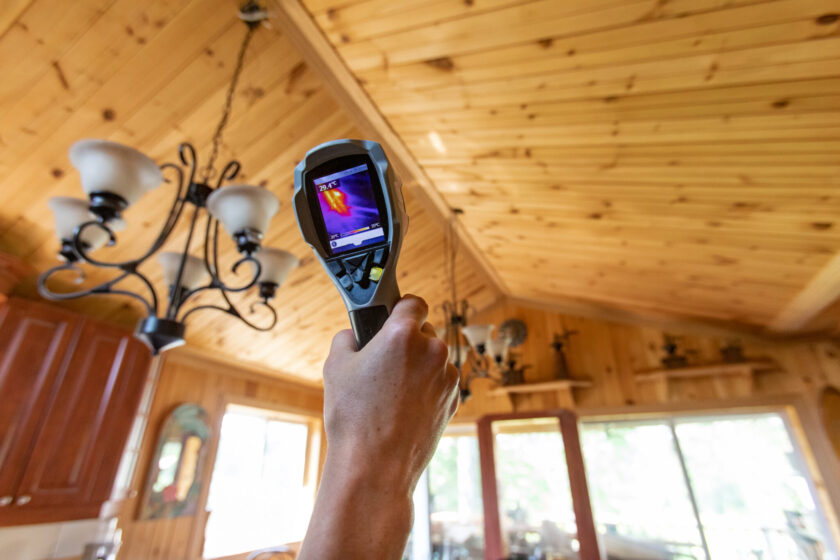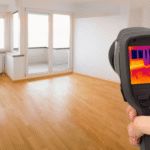- Home
- Home Inspection
- Is it worth paying for a home inspection

Is it worth paying for a home inspection
Buying a home is a significant investment. It’s crucial to know what you’re getting into before sealing the deal.
A home inspection can provide valuable insights. It uncovers potential issues that might lead to costly repairs down the line.
But how much does a home inspection cost? And is it worth the expense?
This article will delve into these questions, exploring the factors that influence the cost and the value it provides to both buyers and sellers. We’ll also introduce tools like a home inspection cost calculator to help you estimate potential expenses.
What is a Home Inspection?
A home inspection is a thorough examination of a property’s condition. Conducted by a professional inspector, it identifies issues invisible to untrained eyes.
Inspectors evaluate critical areas such as the foundation, roof, and essential systems like plumbing and electrical. This assessment helps buyers make informed decisions. The detailed report provided can be a valuable tool for negotiations with sellers. Even for sellers, knowing a property’s true condition can prevent surprises that might stall a sale.
Factors Influencing Home Inspection Cost
The cost of a home inspection can vary widely. Several factors influence this price.
Key factors include:
- Location of the property
- Size and age of the home
- Scope of the inspection
Each of these elements plays a role in determining the home inspection price. Larger or older homes may require more extensive evaluations, thus increasing the cost. Additionally, some inspections might include extra services like radon or termite testing, further affecting the price. Understanding these factors can help you better assess potential expenses with a home inspection cost calculator.
The Value of a Home Inspection for Buyers and Sellers
Home inspections offer immense value to both buyers and sellers. For buyers, they reveal hidden problems in the property that might otherwise go unnoticed.
Understanding a property’s condition helps buyers make informed decisions. They can negotiate for necessary repairs or a reduced sale price based on inspection findings.
Sellers also benefit. Conducting an inspection before listing helps identify issues that could derail a sale. Addressing these problems in advance can enhance the property’s appeal and increase buyers’ confidence in the purchase.
Both parties find peace of mind, knowing potential problems have been thoroughly assessed.
Risks of Skipping a Home Inspection
Skipping a home inspection might seem like an easy way to save money, but the risks are significant. Potential issues that go undetected can lead to costly repairs later.
Uncovering unexpected problems after purchase can strain finances and cause regret. It’s a gamble that often isn’t worth the perceived savings.
Choosing the Right Home Inspector
Selecting a reliable home inspector is crucial for an accurate evaluation. Research is key to finding a qualified professional.
Look for inspectors with certifications and good reviews. Check their experience and sample reports to ensure quality.
Remember, the right inspector can provide insights into the property’s condition, helping you make informed decisions. Choose wisely for peace of mind.
Paying for a home inspection can seem like a significant expense, but it provides immense value. It offers a clear picture of the property’s condition.
While inspection costs can vary, they are a small fraction of the overall home buying price. This investment helps avoid future surprises.
Skipping a home inspection might save money upfront but can lead to costly mistakes. It’s a vital step in any real estate transaction.
Still wondering if a home inspection is worth it? The truth is—a small investment now can save you from big surprises later. At Handover Expert, we’ve helped countless homebuyers across Hyderabad uncover hidden issues before making the final payment.
From dampness inspection and multi-stage construction checks to precise area measurements, we ensure nothing goes unnoticed.



